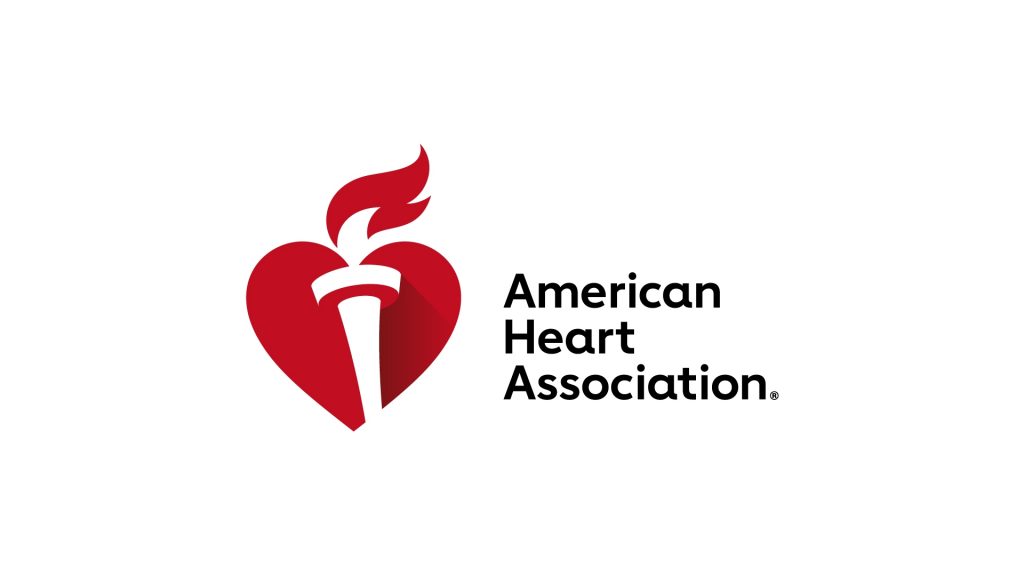[ad_1]

(NewMediaWire) – October 12, 2021 – DALLAS – Earlier today, the U.S. Preventive Services Task Force (USPSTF) released draft recommendations on aspirin therapy for the primary prevention of cardiovascular disease in adults. The draft recommendations are posted for public comment until November 8, 2021 and will be reviewed by the USPSTF for final decision. USPSTF is an independent, volunteer panel of medical experts focused on improving the health of people nationwide by making evidence-based recommendations on effective ways to prevent disease and prolong life.
The following statement reflects the views of the American Heart Association/American Stroke Association.
According to the Association’s volunteer President Donald M. Lloyd-Jones, M.D., Sc.M., FAHA, “As detailed in the American College of Cardiology/American Heart Association’s 2019 primary prevention recommendations, recent large trials indicate that, in the current environment, the overall benefit of aspirin is small — in most adults the benefit of protection against heart attacks and strokes is offset by the potential risk of bleeding caused by aspirin. As a result, aspirin should be used rarely to help prevent heart attacks and stroke among adults ages 40-70 without known cardiovascular disease.
“These recommendations do not not apply to people who have had a heart attack or stroke, or have a stent in an artery – those patients should remain on aspirin as prescribed by their doctor. But in adults without known cardiovascular disease, we continue to urge clinicians to be very selective when prescribing aspirin. Aspirin should be limited to only those adults at the highest risk for cardiovascular disease who also have a very low risk of bleeding.
Lloyd-Jones, also the chair of the department of preventive medicine and the Eileen M. Foell Professor of Heart Research and professor of preventive medicine, medicine and pediatrics at Northwestern University’s Feinberg School of Medicine in Chicago, stressed the importance of healthy choices for primary prevention of cardiovascular disease, “Eating healthy foods and beverages, getting physical activity and not smoking are key. More than 80% of all cardiovascular events may be prevented by making lifestyle changes. The science continues to show that healthy lifestyle habits and effectively managing blood pressure and cholesterol, including with medications if needed, are the top ways to prevent a first heart attack or stroke – as opposed to taking aspirin daily.”
Additional Resources:
The Association receives funding primarily from individuals. Foundations and corporations (including pharmaceutical, device manufacturers and other companies) also make donations and fund specific Association programs and events. The Association has strict policies to prevent these relationships from influencing the science content. Revenues from pharmaceutical and biotech companies, device manufacturers and health insurance providers and the Association’s overall financial information are available here.
About the American Heart Association/American Stroke Association
The American Heart Association is a relentless force for a world of longer, healthier lives and includes the American Stroke Association. We are dedicated to ensuring equitable health in all communities. Through collaboration with numerous organizations, and powered by millions of volunteers, we fund innovative research, advocate for the public’s health and share lifesaving resources. The Dallas-based organization has been a leading source of health information for nearly a century. Connect with us on heart.org, Facebook, Twitter or by calling 1-800-AHA-USA1.
###
For Media Inquiries: 214-706-1173, AHACommunications@heart.org
Michelle Kirkwood: 703-457-7838, michelle.kirkwood@heart.org
Public Inquiries: 1-800-AHA-USA1 (242-8721)
heart.org and stroke.org
[ad_2]

